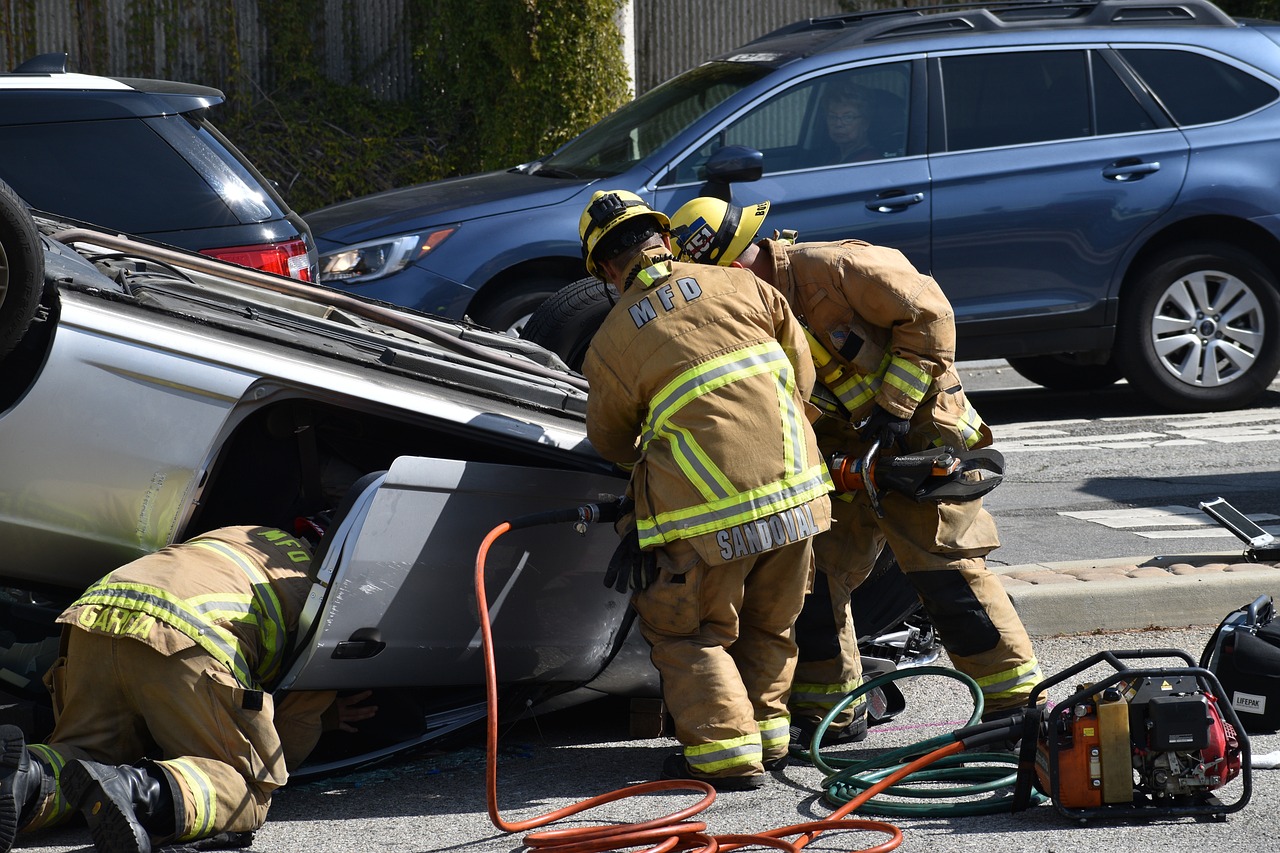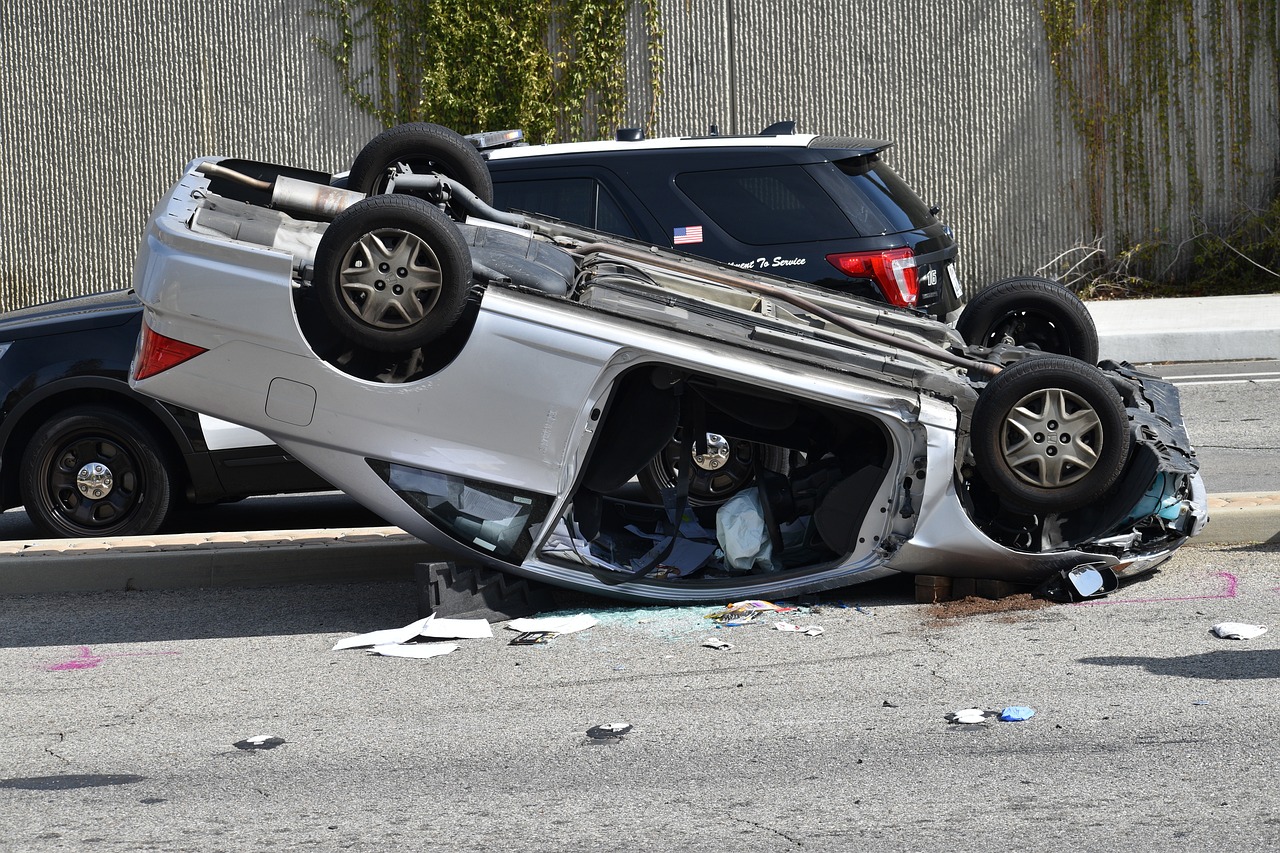A car accident can turn your life upside down in an instant, leaving you grappling with physical injuries, emotional distress, and financial strain. Navigating the aftermath of an accident is not just about healing but also ensuring you receive the compensation you deserve for your losses. Proper evaluation and management of your case are essential to secure a higher settlement. This comprehensive guide outlines the crucial do’s and don’ts to help you maximize your claim value.
Do’s: Steps to Strengthen Your Case
1. Seek Immediate Medical Attention
Your health and well-being come first. Regardless of how minor your injuries may seem, seeking prompt medical care is essential. Injuries like whiplash or internal trauma may not show symptoms immediately but can worsen over time.
Why It Matters:
- Creates a clear link between the accident and your injuries.
- Provides medical documentation, such as doctor’s notes and test results, that strengthens your claim.
Pro Tip: Keep all medical records, bills, and prescriptions organized. These documents will play a vital role in proving damages.
2. Document the Accident Scene
The moments immediately following an accident are critical for gathering evidence. If it is safe to do so:
Take photos or videos of:
- Vehicle damage
- Injuries sustained
- Road conditions, such as skid marks or debris
- Weather conditions
- Traffic signs and signals nearby
Collect contact information from:
- Witnesses
- The other driver (name, contact number, license plate, and insurance details)
Why It Matters:
- Photographic evidence can counteract conflicting reports or false claims.
- Witness testimony adds credibility to your version of events.
3. Report the Accident to Authorities
Contact the police immediately after an accident to ensure an official report is filed.
Why It Matters:
- A police report serves as a neutral, third-party account of the incident.
- It contains vital information, such as the officers’ observations, statements from involved parties, and details about fault determination.
4. Notify Your Insurance Company Promptly
Report the accident to your insurer as soon as possible.
Why It Matters:
- Most insurance policies require prompt notification to process claims.
- Delayed reporting may lead to claim denial or reduction in compensation.
Pro Tip: Stick to factual statements and avoid providing excessive details that could be misconstrued.
5. Consult a Car Accident Lawyer
Hiring an experienced car accident attorney can make a significant difference in your settlement.
Why It Matters:
- Attorneys have the expertise to assess the value of your claim accurately.
- They negotiate with insurance adjusters who aim to minimize payouts.
- A lawyer can gather additional evidence, hire expert witnesses, and handle litigation if necessary.
Pro Tip: Choose a lawyer who specializes in car accident cases and works on a contingency basis, so you only pay if they win your case.
6. Maintain a Case File
Keep an organized file containing all documents related to your case:
- Police reports
- Medical records and bills
- Receipts for out-of-pocket expenses (e.g., transportation, medical equipment)
- Correspondence with insurance companies or lawyers
- Pay stubs or tax returns to prove lost wages
7. Keep a Journal of Your Injuries and Recovery
Document how the accident impacts your daily life, including:
- Physical pain and discomfort
- Emotional distress or anxiety
- Inability to perform routine tasks or hobbies
- Missed work or social events
Why It Matters:
- Personal accounts help quantify pain and suffering damages.

Don’ts: Common Pitfalls to Avoid
1. Don’t Admit Fault
Avoid making statements at the accident scene or later that could be interpreted as accepting responsibility. Even saying, “I’m sorry,” might be misconstrued.
Why It Matters:
- Fault determination significantly impacts settlement outcomes.
- Admissions of guilt can weaken your position in negotiations or litigation.
2. Don’t Provide Statements to the Other Party’s Insurer Without Legal Counsel
The at-fault party’s insurance adjuster may contact you for a statement. Politely decline until you’ve spoken to your attorney.
Why It Matters:
- Insurers aim to minimize payouts by finding inconsistencies or admissions in your statement.
Pro Tip: Direct all communication to your lawyer to avoid unintentional errors.
3. Don’t Post About the Accident on Social Media
Avoid sharing photos, updates, or comments about the accident or your injuries on platforms like Facebook or Instagram.
Why It Matters:
- Insurance companies and opposing attorneys may use your posts to dispute your claim.
- Even seemingly harmless posts (e.g., attending a social event) can be misinterpreted as evidence that your injuries are not severe.
4. Don’t Sign Documents Without Legal Advice
You may receive settlement offers or releases from the insurance company early on. Resist the urge to sign anything before consulting your attorney.
Why It Matters:
- Early offers often undervalue your claim and may not account for future medical expenses or long-term impacts.
- Signing a release prevents you from pursuing additional compensation later.
5. Don’t Delay in Seeking Legal Assistance
Time is of the essence in car accident cases. Delaying legal action can hurt your claim by:
- Losing critical evidence
- Missing the statute of limitations, which varies by state (typically 1-3 years)
- Giving insurers more leverage to deny or reduce your claim
Additional Tips for Maximizing Settlements
- Understand the Full Value of Your Claim:
Don’t settle for less than what you deserve. Consider all damages, including:
- Medical expenses (past and future)
- Lost wages and diminished earning capacity
- Pain and suffering
- Property damage
- Loss of consortium (for spouses)
- Negotiate Strategically:
Insurance adjusters are trained negotiators. Start with a high but reasonable demand and be prepared to justify your figures with evidence.
- Be Patient:
Rushing to settle may result in lower compensation. Be willing to wait for a fair offer or take the case to court if necessary.
Conclusion
Securing a higher settlement in a car accident case requires a proactive and strategic approach. By following the do’s—seeking medical care, documenting evidence, reporting the accident, and consulting legal professionals—you strengthen your claim. At the same time, avoiding common don’ts—such as admitting fault, signing premature settlements, or sharing details on social media—prevents costly mistakes.
Every car accident case is unique, and navigating the claims process can be daunting. Working with an experienced attorney ensures your rights are protected and helps you achieve the compensation you deserve. With careful preparation and informed decisions, you can maximize your settlement and focus on recovery.
Secure Your Recovery After a Car Accident in Phoenix, AZ with Phoenix Injury Attorneys
At Phoenix Injury Attorneys, we understand the overwhelming stress that a car accident can bring to your life. Our experienced and compassionate legal team, based in Arizona, is dedicated to providing not only skilled legal representation but also genuine care and empathy. Specializing in car accident claim assistance in Phoenix and the surrounding areas, we recognize that navigating the aftermath of an accident involves more than just legal proceedings—it’s about helping you recover and regain stability. By choosing us, you’re not just hiring legal experts; you’re gaining a team of advocates deeply committed to your well-being and financial recovery.
Led by Khalil Chuck Saigh, our collaborative approach ensures that every client benefits from our collective expertise, making us a strong force in pursuing your rights and fair compensation. We are committed to providing personalized attention and tirelessly working to achieve the best possible outcomes for our clients in Phoenix and throughout Arizona. Trust Phoenix Injury Attorneys to handle your car accident claim with the utmost care and professionalism, so you can focus on healing and moving forward with confidence. Reach out to us today to learn more about how we can assist you through this challenging time.
Disclaimer
The materials available on this website are for informational and entertainment purposes only and not to provide legal advice. You should contact your attorney to obtain advice concerning any particular issue or problem. You should not act or refrain from acting based on any content included in this site without seeking legal or other professional advice. The information presented on this website may not reflect the most current plumbing developments. No action should be taken in reliance on the information contained on this website and we disclaim all liability concerning actions taken or not taken based on any or all of the contents of this site to the fullest extent permitted by law.


